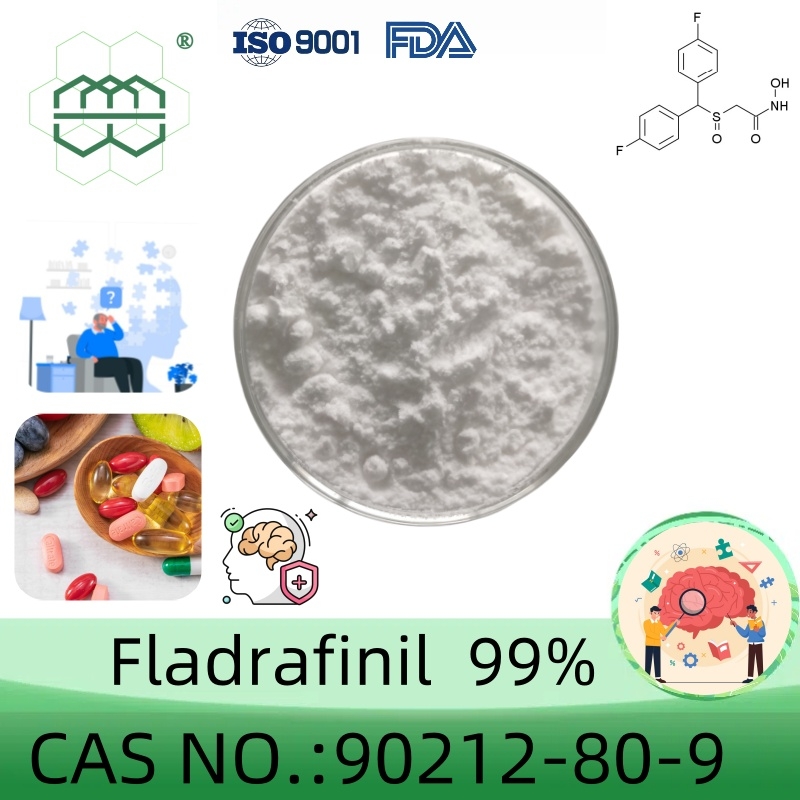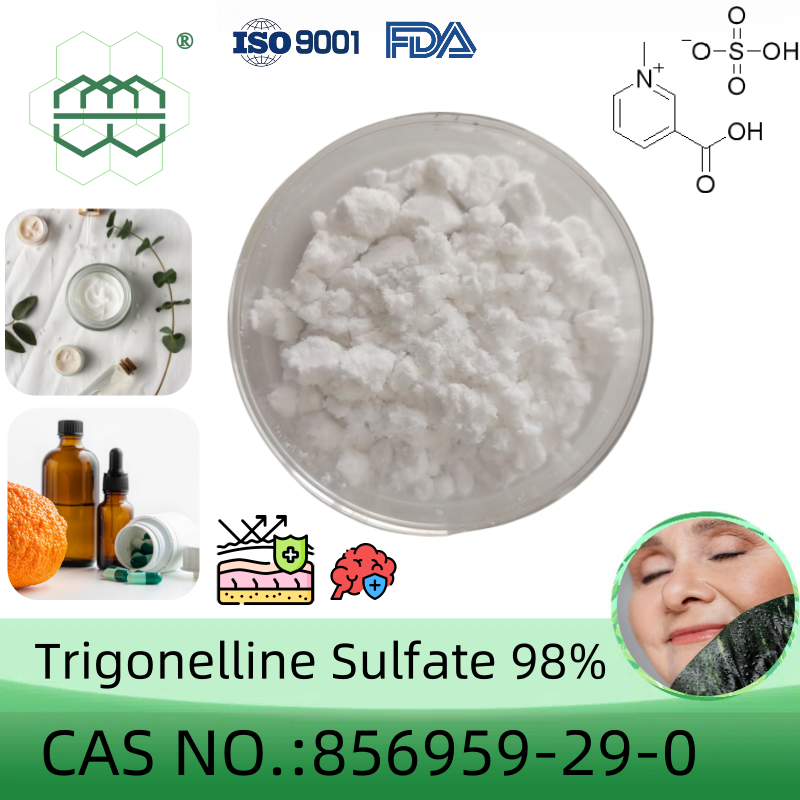-
Categories
-
Pharmaceutical Intermediates
-
Active Pharmaceutical Ingredients
-
Food Additives
- Industrial Coatings
- Agrochemicals
- Dyes and Pigments
- Surfactant
- Flavors and Fragrances
- Chemical Reagents
- Catalyst and Auxiliary
- Natural Products
- Inorganic Chemistry
-
Organic Chemistry
-
Biochemical Engineering
- Analytical Chemistry
-
Cosmetic Ingredient
- Water Treatment Chemical
-
Pharmaceutical Intermediates
Promotion
ECHEMI Mall
Wholesale
Weekly Price
Exhibition
News
-
Trade Service
"In recent years, the nutrition and health of school-aged children in China have been greatly improved, but they still face many proble.
According to the "Dietary Guidelines for Chinese Residents (2022)", the overweight and obesity rate of children and adolescents aged 6 to 17 is as high as 19%, which means that about 1 in every 5 children and adolescents is overweight and obe.
More than half of the students have the habit of partial eclipse and picky eati.
School-age children are minors from the age of 6 to under 1 Chen Yongxiang, president of the China Student Nutrition and Health Promotion Association, said that at present, China and the world are facing a new "eating problem" of varying degrees, that is, "hidden hunge.
Ma Guansheng, vice-chairman of the Chinese Nutrition Society and professor at the School of Public Health of Peking University, introduced that the nutrition and health status of school-aged children in China are currently facing triple challenges, including undernutrition, hidden hunger, micronutrient deficiencies, and overweight and obesi.
"Chinese Children and Adolescents Nutrition and Health Guidance Guidelines (2022)" and "Chinese Residents' Dietary Guidelines Scientific Research Report (2021)" show that the overall dietary quality of children and adolescents aged 6-17 in China has improved, but vegetables, fruits, eggs, and milk have improv.
Chen Yongxiang believes that school-age children are a critical period for the formation of eating behaviors and life&g.
Achieve 5 balanced dietary guidelines, improve children's nutritional support, and cultivate healthy eating behaviors
Zhang Qian, a researcher at the Institute of Nutrition and Health of the Chinese Center for Disease Control and Prevention, believes that the "Dietary Guidelines for School-aged Children" focuses more on dietary behavior, emphasizing food diversification, with more than 12 kinds per day and 25 kinds per week; and emphasizes eating more fresh vegetables and fruits, Increase the intake of whole grains in cereals, and moderate intake of fish, poultry, eggs, dairy products,e.
Actively participate in food selection and production to improve nutriti.
Eat a good breakfast, choose snacks reasonably, and cultivate healthy eating behavio.
Drink milk every day, drink enough water, do not drink sugar-sweetened beverages, and prohibit alcoh.
More outdoor activities, less screen time, more than 60 minutes of moderate-to-high-intensity physical activity every d.
Regularly monitor physical development and maintain proper weight grow.
Statistics show that the physical inactivity rate of children and adolescents aged 6 to 17 in China is as high as 8







